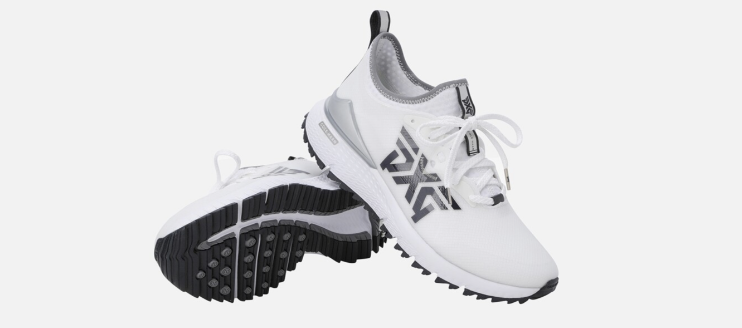Mexico Sets Quotas on China-Made Footwear Imports and Bans Shoes From Entering Under IMMEX

Mexico is taking steps to protect its national industry from foreign competition and influence—and singling out China in the process.
This week, the country’s Ministry of Economy announced new quotas on footwear imports from China following a months-long investigation. The agency’s probe concluded that large volumes of shoes were entering the country under unfair circumstances, or “dumping” conditions, that it said undercut domestic producers.
“Consequently, in order to provide fair competition conditions and defend the interests of the national production plant, definitive compensatory quotas of between 54 cents and $22.50 per pair will be established on imports originating in China that enter below the reference price of $22.58 per pair,” the ministry wrote in a statement.
The quotas, take effect on Sept. 4, will remain in place for the next five years, and could be extended, it added.
The investigation began in late April and considered data provided by Mexican importers exporters, manufacturers, chambers of commerce and trade groups. Impacted China-originating products will include certain boots, basic, formal and dress sandals, athletic shoes, casual footwear and other specific shoe types.
The announcement comes days after reports suggested that the Mexican government is preparing to increase tariffs on Chinese imports including textiles, plastics and cars as a part of a 2026 budget proposal that will be submitted to the country’s Congress in September.
Meanwhile, the Mexican Presidential Office last week released an official decree in the Diario Oficial making alterations to the country’s Manufacturing, Maquiladora and Export Services Industry, also known as IMMEX, that will prevent footwear imports from utilizing the program.
IMMEX was devised to allow certain goods—mostly raw materials and components—to come into Mexico for a set period duty-free if they’re intended for re-export to the U.S. It allows foreign firms to manufacture goods like shoes and apparel within the country under beneficial tax structures and reduced labor costs while giving them access to the foreign-made inputs needed to create those products.
Signed by President Claudia Sheinbaum, last week’s decree said that finished footwear products imported into Mexico utilizing IMMEX grew by a whopping 159 percent in volume and more than 60 percent in value year over year in 2024. The country’s footwear exports, however, did not grow in proportion to the finished shoes it was taking in—a fact that the Mexican leader said indicated that the program’s intent was being subverted, damaging domestic industry and costing local workers jobs.
According to Sheinbaum, “it is necessary to take actions to avoid practices that affect employment and the competitiveness of the national industry.”
“Likewise, to limit the possibility of other types of practices, such as technical smuggling, it is necessary… to establish that merchandise consisting of finished footwear may not be temporarily imported under said decree,” she added.
The Mexican presidential office produced an annex containing 50 specific entries of goods that can no longer be imported under the IMMEX program on a temporary basis, including certain types of athletic footwear, shoes made for skiing or snowboarding, shoes with protective metal toe caps, shoes with wooden platforms and kids’ sandals, among many others.
The restrictions on these products took effect on Aug. 29.
This is not the first time in recent history that Sheinbaum has made moves to safeguard Mexico’s burgeoning fashion sector from the economic impacts of growing foreign trade.
Last December, the leader temporarily banned finished apparel from being imported under the IMMEX program.
The selective exclusions from the IMMEX program (which included products like coats, jackets, suits, pants, dresses, sweaters, bed linens, curtains and towels) were conceived to curb what has become in recent years a commonplace practice—the unlawful importation of finished products as so-called raw materials. Those products, which are subsequently sold into the U.S. market or domestically, can skirt Mexican duties through such schemes.
Sheinbaum “was very concerned and asked for information on why the volume of finished footwear imported into Mexico had increased” by such a sizable volume, Economy Secretary Marcelo Ebrard said last month. “She asked us to look into the reasons behind this surge,” he added, according to local media. The decision to halt footwear imports was the result of an investigation into the triple-digit percentage increase.
link





